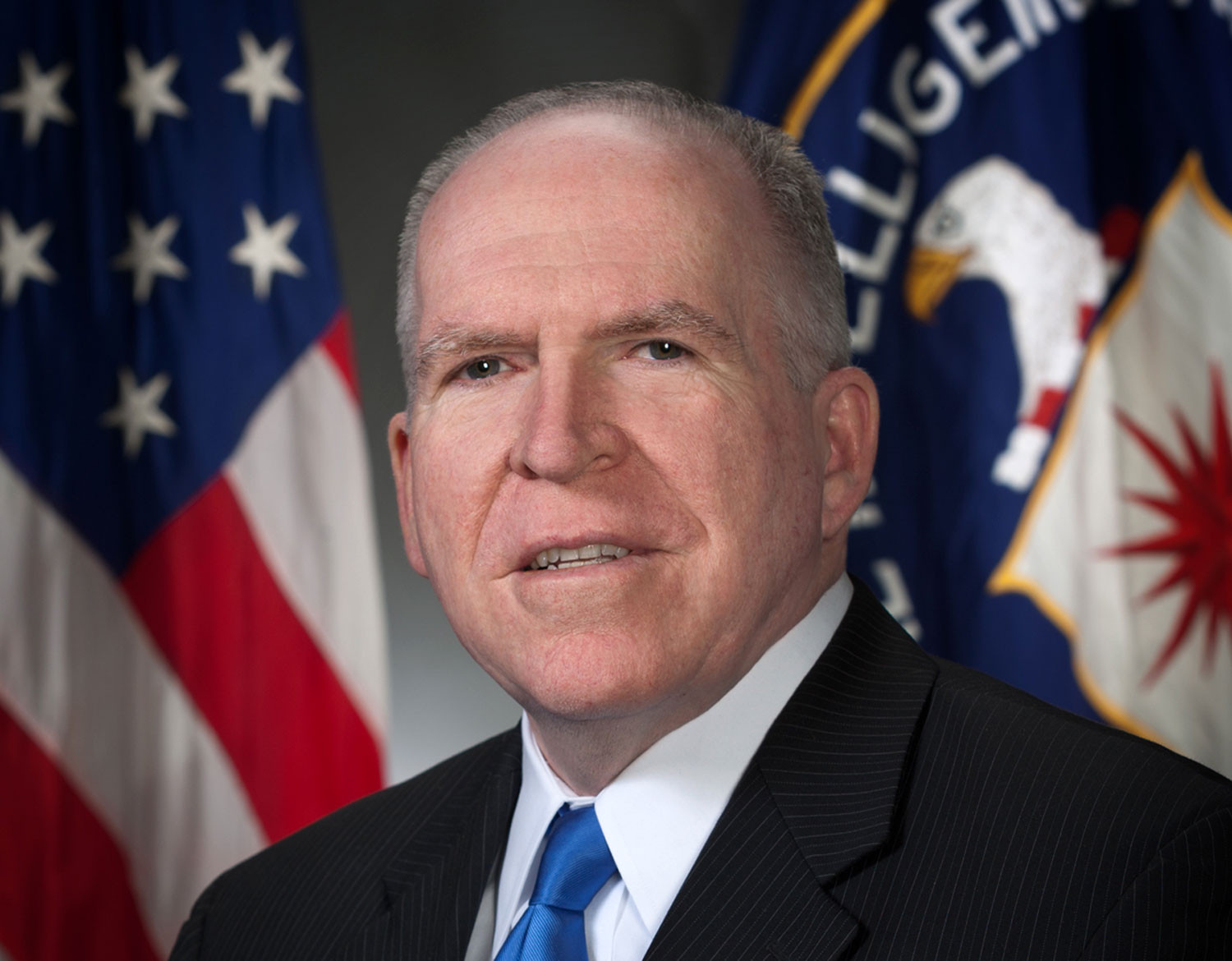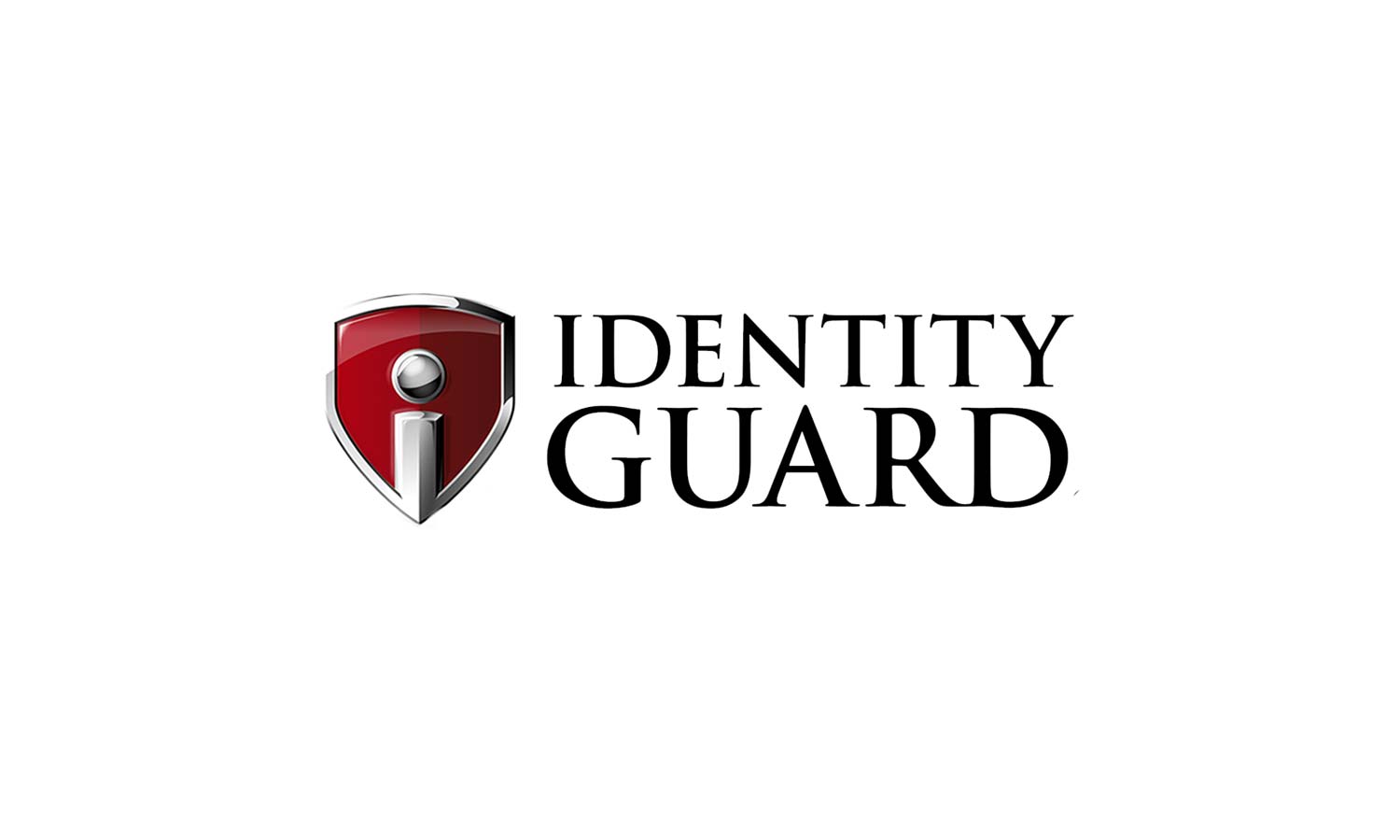'Digital Manhattan Project' Needed to Stop Cyberattacks, Experts Say
The U.S. needs a 'digital Manhattan Project' to stop cyberattacks from enemy nations, an ex-general and a former head of the CIA said.
NEW YORK — The United States needs to wake up to the threat posed by foreign cyberattacks if it wants to maintain its superpower status, two retired intelligence and military officials told the audience at the International Conference on Cyber Security here at Fordham University Law School last week.

"We do not have a national consensus on what the government's role is in the digital domain," said John O. Brennan, a Fordham graduate and career Central Intelligence Agency officer who ran the CIA from 2013 to 2017. "Most of our laws governing technology were developed in the 20th century, with 20th-century technology."
Brennan called for a "digital Manhattan Project" that would bring together experts from the public and private sectors to map out the future of national cybersecurity. Like the 9/11 Commission, it would be given the task of suggesting administrative and legal changes that would better prepare the nation to defend itself against digital attacks.
MORE: Best Antivirus Software and Apps
Gen. (Ret.) John M. Keane, another Fordham graduate who served as Vice Chief of Staff of the U.S. Army from 1999 to 2003, endorsed Brennan's idea during a panel discussion immediately following Brennan's keynote address.
"I totally agree with John Brennan — we need to get the public and private sectors to work together," Keane said. "We have got to get together to get this right, and it's going to take some pretty strong leadership."
Including private-sector stakeholders would be crucial to any consensus on national cybersecurity, the experts explained, because most of the internet infrastructure in the United States is private property. The government can directly control only a small part of it.
Sign up to get the BEST of Tom's Guide direct to your inbox.
Get instant access to breaking news, the hottest reviews, great deals and helpful tips.
"Securing the digital environment is not totally the government's job," Brennan said. "Eighty-five percent of the digital environment is in private hands. We need a public-private partnership, and the independent commission I want needs to involve people from the private sector."
Brennan said he proposed such a digital planning commission to his superiors, colleagues and congressional leaders when he worked in the Obama presidential administration, but that the effort went nowhere. He didn't expect any further progress given the currently hyper-polarized political environment in Washington.
"A lot of people related to the 9/11 Commission were interested in it, but right now in Washington, it's tough to get people on both side of the aisle to agree to something," he said.
Brennan said he also wanted Congress to make a law mandating that the Director of National Intelligence (DNI) and the director of the FBI, and possibly the director of the Department of Homeland Security as well, report on the security of national voting systems during the run-up to each major national election. He said he proposed this idea as well while he was working in government.
"There needs to be a statutory requirements for the DNI and the director of the FBI to report on the state of efforts to interfere in our elections," he said, adding that the FBI and CIA were operating without a playbook when it became clear that the Russians were trying to influence the outcome of the most recent presidential election. "When we had to do it in the 2016 time period, we really had to make some decisions on our own."
"In August 2016, I spoke to the head of the FSB [the leading Russian intelligence service], and I told him that if he was trying to interfere in our elections, it would backfire and it would outrage all Americans," added Brennan, who in recent months has become a very vocal critic of President Donald J. Trump. "Clearly, it turned out that not all Americans were outraged."
Keane said such efforts would be necessary to maintain U.S. superpower status.
"While the U.S. remains the preeminent military power, our capabilities are eroding rapidly," Keane said. "Russia and China both blur the lines of peace and war to achieve major goals. Both use cyberattacks to achieve those goals."
Best Identity Protection Services

Get it. IdentityForce UltraSecure+Credit is the best overall service for both credit monitoring and identity protection. It also protects your account with two-factor authentication.

It's worth it. Get LifeLock Ultimate Plus if you're very worried about having your identity stolen and you also need antivirus software. But you can get better credit monitoring for less with IdentityForce UltraSecure+Credit.

Good, but not the best. Identity Guard isn't bad, but for about the same price, IdentityForce UltraSecure+Credit offers more comprehensive personal-data and credit-file monitoring.
Paul Wagenseil is a senior editor at Tom's Guide focused on security and privacy. He has also been a dishwasher, fry cook, long-haul driver, code monkey and video editor. He's been rooting around in the information-security space for more than 15 years at FoxNews.com, SecurityNewsDaily, TechNewsDaily and Tom's Guide, has presented talks at the ShmooCon, DerbyCon and BSides Las Vegas hacker conferences, shown up in random TV news spots and even moderated a panel discussion at the CEDIA home-technology conference. You can follow his rants on Twitter at @snd_wagenseil.
-
kep55 There's a very simple plug that no one discusses. Quit using the internet for everything and go back to dedicated lines as used to be used. Oh, wait. That could hurt the bonuses the C-levels get.Reply

